RobotLAB Blog
Everything You Need To Know About Robotics in Businesses
To Ease Loneliness and Improve Mental Health, Robots Could be the Solution
Robots could be used in care homes after a study found they can improve mental health and have the potential to reduce loneliness in vulnerable older people. A robot called Pepper, which can engage in conversation and learn people's tastes, has been tested in care homes.

- 0 Comments
- Sep 10, 2020 10:00:00 AM
- Posted by Natalia Galvis
- Topics: STEM, Curriculum, teachers, Coding, students, Technology, Edchat, k12, teaching, coronavirus, online, covid19, lessons, eLearning
Health Care Use Case With Pepper Robot
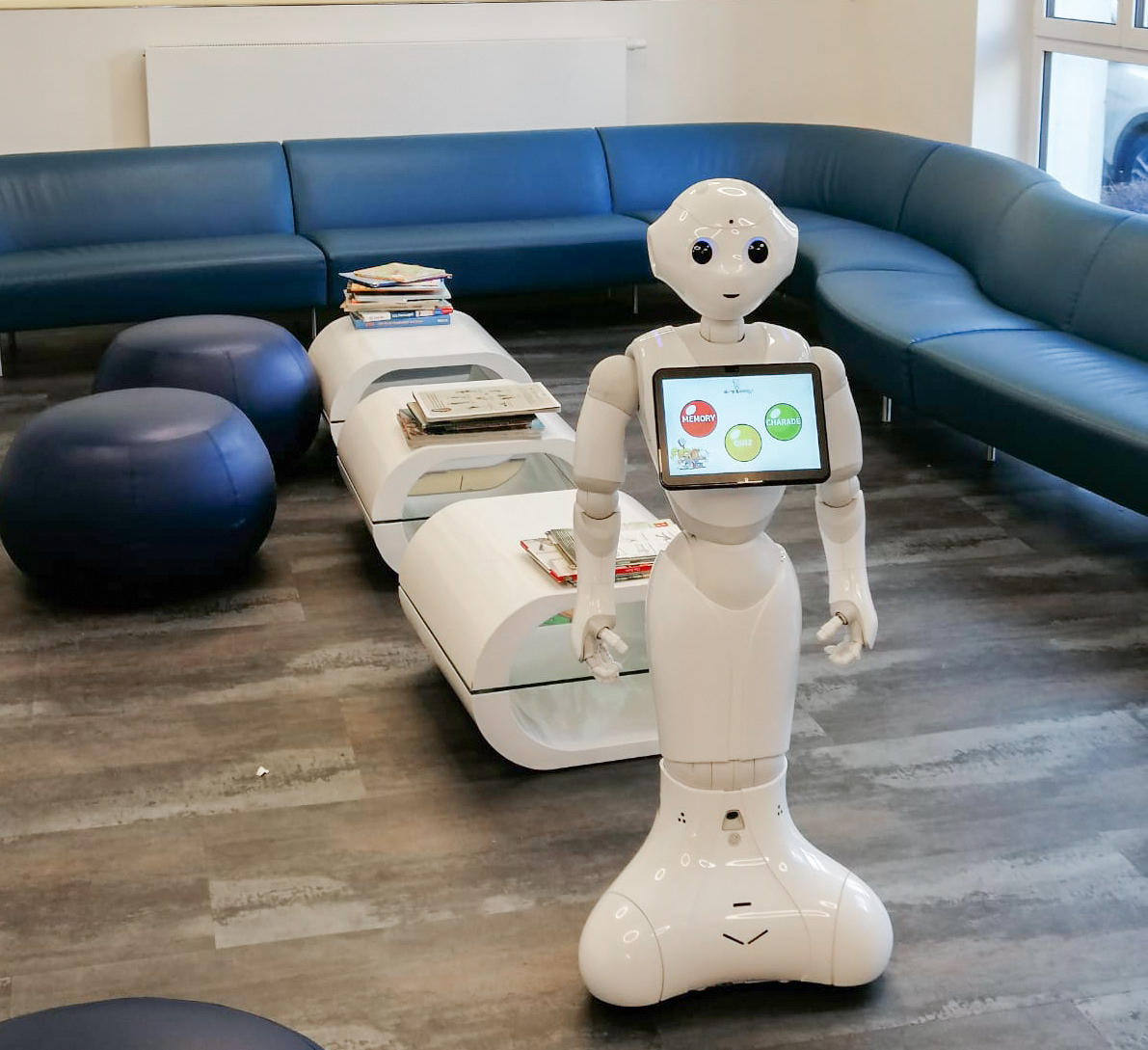 Photo: Sleep and Smile
Photo: Sleep and Smile
The Vienna dental institute Sleep & Smile specializes in the treatment of children and adults with special needs and Pepper robot helps children and adults with special needs overcome their anxiety about their upcoming dental treatment.
- 0 Comments
- Sep 9, 2020 4:00:00 PM
- Posted by Natalia Galvis
- Topics: Robotics, STEM, Curriculum, Pepper, Coding, students, Technology, Edchat, k12, eLearning
How Robotics Became Relevant due to COVID-19 and why it has Become Essential to Teach in the Classroom
Given the recent COVID-19 pandemic and its effects on traditional educational institutions, the fields of formal education are headed for a systematic change. Robotics and artificial intelligence technologies can not only mitigate difficulties caused by the pandemic but also help build on their foundations.
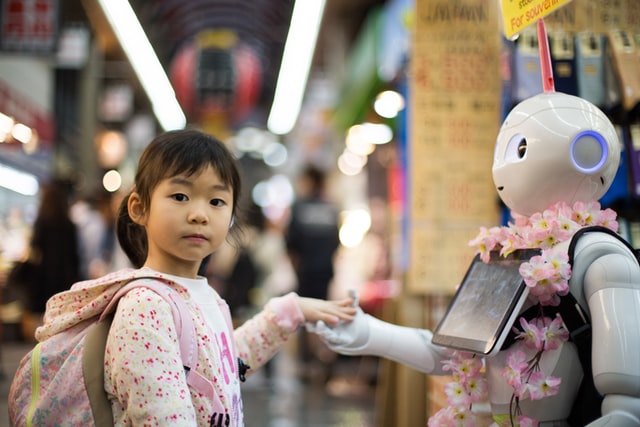 Photo by Andy Kelly on Unsplash
Photo by Andy Kelly on Unsplash
- 0 Comments
- Sep 9, 2020 10:00:00 AM
- Posted by Natalia Galvis
- Topics: STEM, Curriculum, teachers, Coding, students, Technology, Edchat, k12, teaching, coronavirus, online, covid19, lessons, eLearning
The pandemic classroom requires collaborative tech to thrive
COVID-19 has highlighted digital inequity—but collaborative tech and digital tools could help close the gap.
 Photo by J. Kelly Brito on Unsplash
Photo by J. Kelly Brito on Unsplash
- 0 Comments
- Sep 8, 2020 10:00:00 AM
- Posted by Natalia Galvis
- Topics: STEM, Curriculum, teachers, Coding, students, Technology, Edchat, k12, teaching, coronavirus, online, lessons, eLearning
Key trends in K12 robotics education
Robotics education is becoming increasingly commonplace in schools. This is largely due to the fact that students in K12 schools will graduate into a workforce that’s rife with technology, in an era where robots will become widely used in our everyday lives.
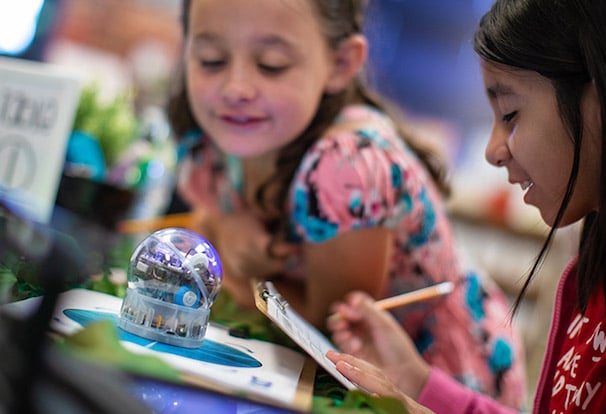
- 0 Comments
- Sep 4, 2020 10:00:00 AM
- Posted by Natalia Galvis
- Topics: STEM, Curriculum, teachers, Coding, students, Technology, Edchat, k12, teaching, coronavirus, online, lessons, eLearning
The Future Still Lies in Coding
Coding is enormous in education right now.
No wonder. Coding offers so many academic benefits that schools cannot ignore its significance. Sequential processes, computational thinking, and creative problem-solving all make up coding. It’s the new literacy in schools. There’s so much to like about coding that coding academies and boot camps are springing up everywhere.
 Photo by Danial RiCaRoS on Unsplash
Photo by Danial RiCaRoS on Unsplash
- 0 Comments
- Sep 3, 2020 10:00:00 AM
- Posted by Natalia Galvis
- Topics: STEM, Curriculum, Artificial Intelligence, teachers, Coding, students, Technology, Edchat, teaching, coronavirus, online, lessons, eLearning
Take this pandemic moment to improve education
With nearly 100% of education over the past months taking place online amid the coronavirus pandemic, plus what parents were doing to homeschool their kids, we all have been struggling, particularly those in low-income communities. Now is not the time to despair, however.
The disruption created by this pandemic presents an opportunity to imagine a different future for our kids, their families and their communities.
 Photo by NESA by Makers on Unsplash
Photo by NESA by Makers on Unsplash
- 0 Comments
- Sep 2, 2020 10:00:00 AM
- Posted by Natalia Galvis
- Topics: STEM, Curriculum, Artificial Intelligence, teachers, students, Technology, Edchat, teaching, coronavirus, online, lessons, eLearning
How teachers are preparing for the next school year
 Photo by Javier Sierra on Unsplash
Photo by Javier Sierra on Unsplash
School in a post-coronavirus world will never be the same. Having no choice but to rely heavily on online learning to guarantee continuity of education in a society disrupted by the pandemic has taught lessons to more than just the students.
It is now time for teachers to reflect on the experience of socially distanced school and prepare for the upcoming year and the unique challenges it will present.
Going back to a new normal after such a defining historical event may feel a little like travelling without a road map, but teachers can at least take comfort in the three keywords they can use to orient themselves in this uncharted land: engagement, personalisation, interaction.
- 0 Comments
- Sep 1, 2020 10:00:00 AM
- Posted by Natalia Galvis
- Topics: STEM, Curriculum, Artificial Intelligence, teachers, students, Technology, Edchat, teaching, coronavirus, online, lessons, eLearning
A plan for teaching coding and robotics from home
Coding and robotics can be just as engaging when students learn from home-all it takes is a little planning and some creativity.
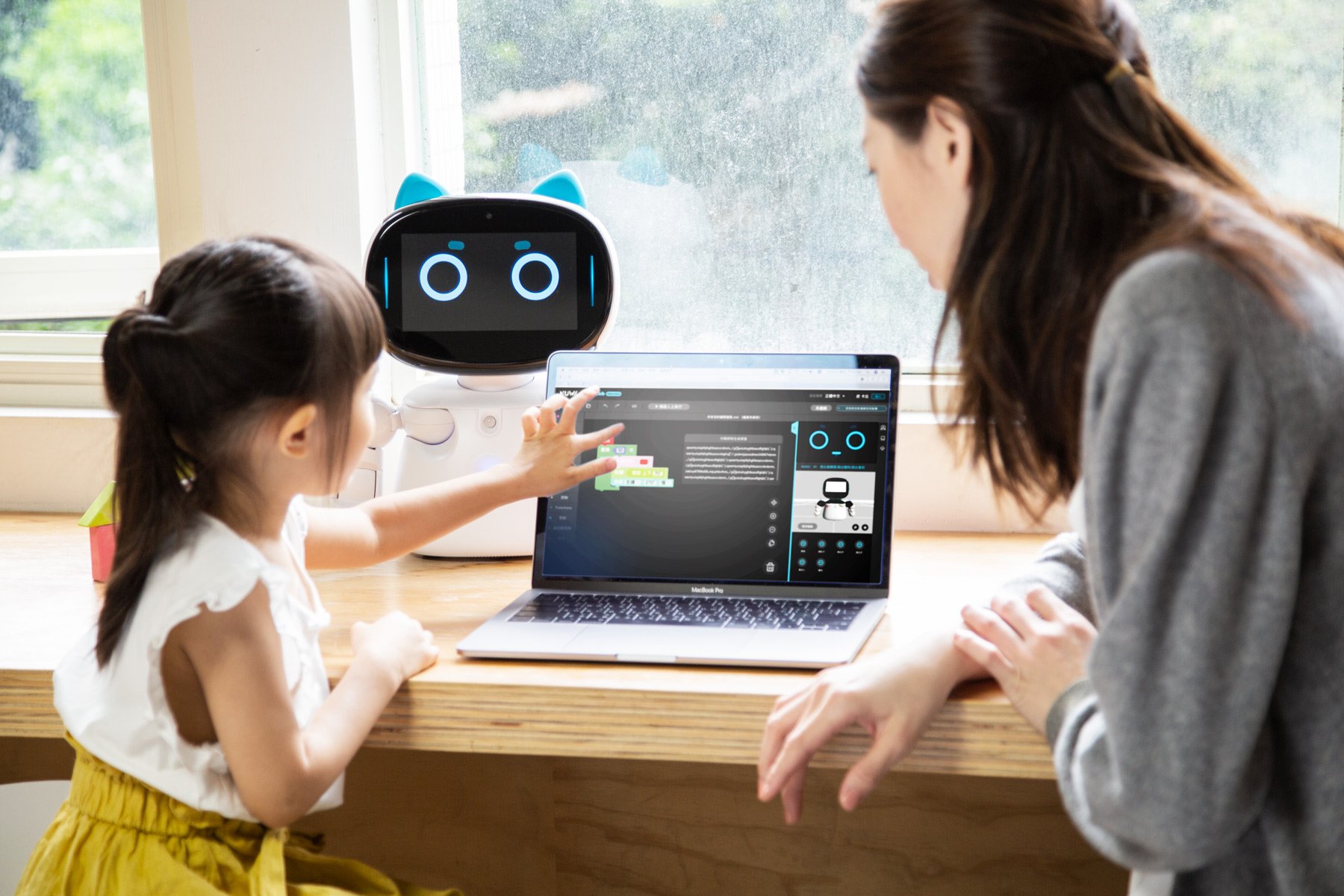
- 0 Comments
- Aug 31, 2020 10:00:00 AM
- Posted by Natalia Galvis
- Topics: STEM, Artificial Intelligence, students, Technology, Edchat, coronavirus, online, lessons
Embracing AI in The Education Sector
As AI grows in the education sector, its impact could be felt in student learning programs, websites and admissions programs.
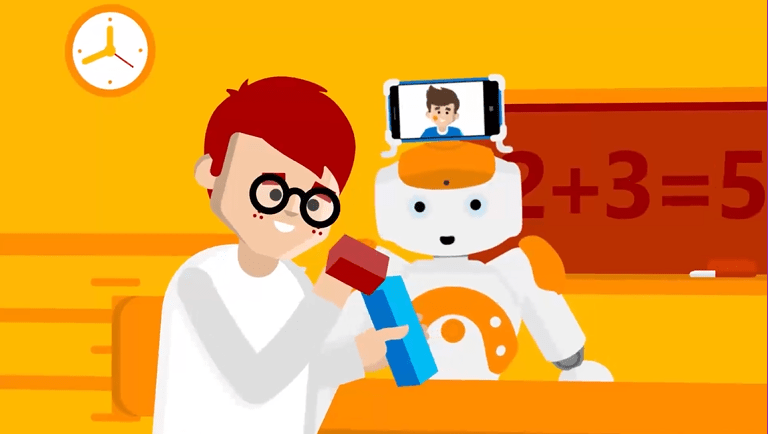
- 0 Comments
- Aug 28, 2020 10:00:00 AM
- Posted by Natalia Galvis
- Topics: STEM, Artificial Intelligence, students, Technology, Edchat, coronavirus, online, lessons
Relevant Posts
- Augmented Reality: A Tool for Teaching Students Robot Programming
- Fostering Innovation Through Youth Education in STEM and EdTech
- How Parents Can Foster STEM Learning Beyond the Classroom
- How Robotics Cultivates a Deep Understanding of Mathematics in Students
- RobotLAB Receives EDTech Chronicle 2023 ‘BESTIE’ Award for Landmark Partnership with American Samoa Dept. of Education.
Subscribe to Email Updates
-
I Want To Learn MoreADDITIONAL INFORMATION
